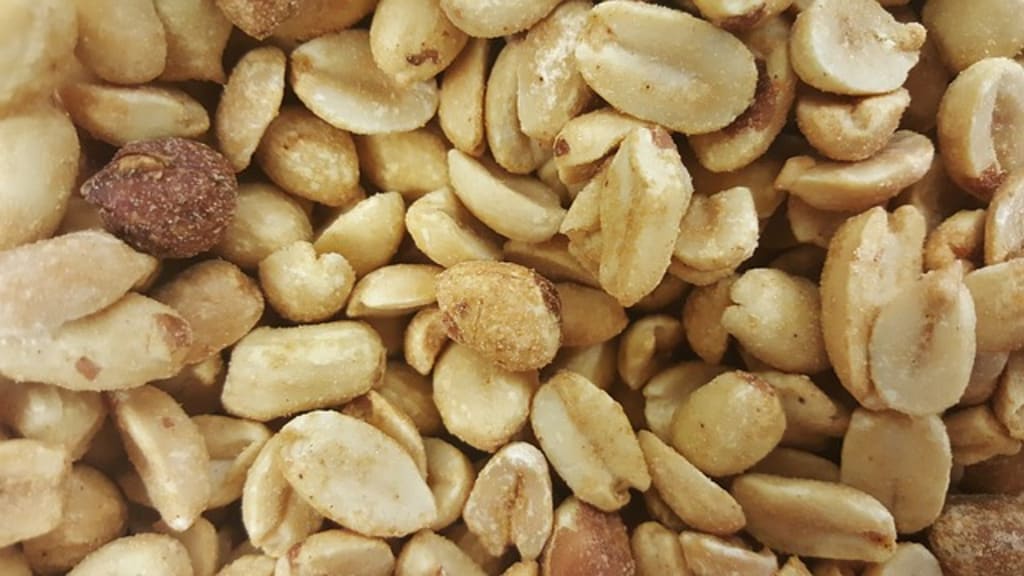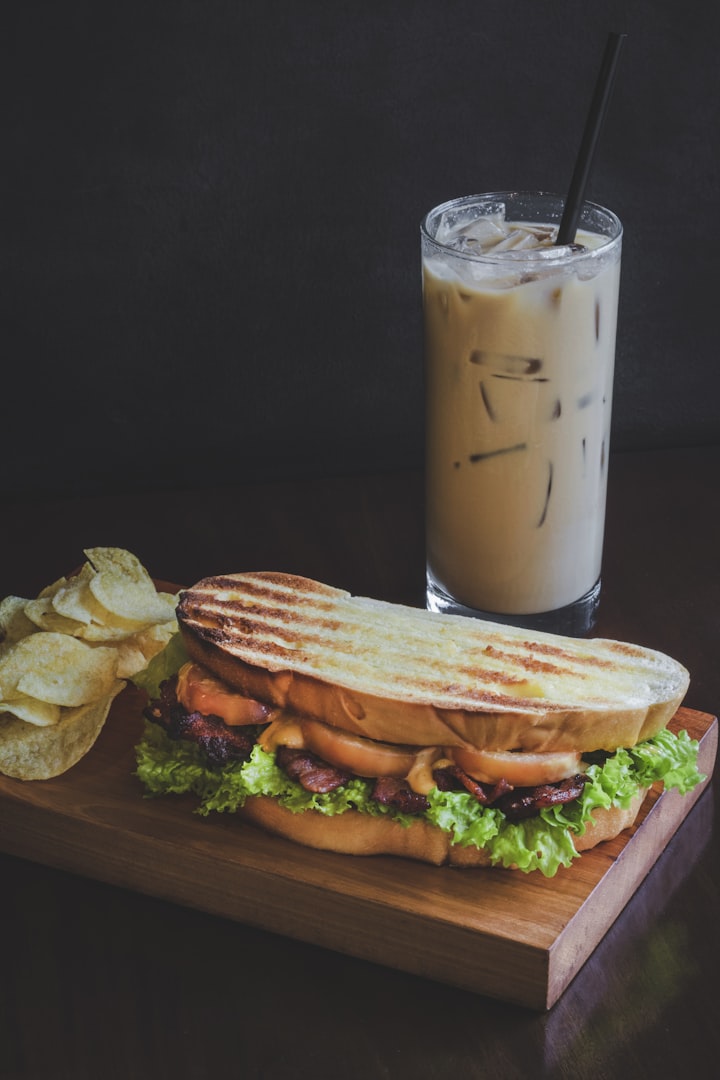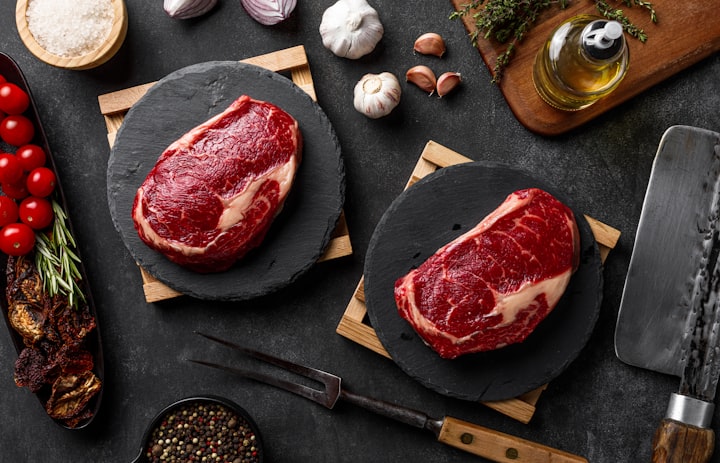Food Allergies And Intolerances
Food allergens are some natural proteins in food that trigger an abnormal immune response

Food allergens occur when the natural proteins in the foods cause sensitivity or reaction in the immune response. It occurs because the reaction of the protein gives the immune system a signal that the food eaten is a poison. This sets up a chain of immune responses, actions and reactions to support the body to want to eliminate ''the poison''. This can sometimes be fatal to the person.
Most people do suffer from one form of food allergen or the other. About 8% of children usually suffer from one form of allergen or the other, although they do outgrow it by the time they reach age five. While about 2% of adults worldwide suffer from one form of allergy or the other.
Food Intolerances
Food intolerances, however, are limited to some milder symptoms like diarrhoea, skin rashes, and or tummy bugs, which a person develops when certain foods are consumed. This can be due to the sensitivity to some additives in the food (monosodium glutamate, flavour enhancers, artificial sweeteners). Food intolerance is mostly due to the absence of an enzyme to digest the food, as in the absence of lactase enzyme to digest lactose in milk.
Some food intolerance is overcome by eating a very small quantity at a time, so as not to cause problems. Symptoms of food intolerances are farting,(flatulence)bloating, and passing wind, although these symptoms are not specific to food intolerances alone, so often sufferers do not even know.
The best test of food intolerance is to stop eating the food for a while, and then notice what happens when you reintroduce it into your diet. You will then be able to know how it affects your body.
Coeliac Disease
This is often confused to gluten intolerance, but it is neither intolerance nor an allergy. However, it is an autoimmune condition where the immune system attacks your own tissue when you eat gluten (found in wheat, rye and barley). This attack prevents nutrients from absorption.
Anyone with coeliac disease should avoid foods made from these three sources because of the gluten content.
Some vegetarians and vegans erroneously believe that because allergens are caused by some proteins, it will not be in plant foods. This is not true, and one cannot be certain. This is because cross-contamination often occurs during food preparation and processing.
Types Of Food Allergies
Immunoglobulin Mediated Food Allergy - is where the protein in the food triggers the immune reaction, that produces an antibody, called immunoglobulin E (IgE). It is this type of food allergy that causes anaphylaxis (breathing difficulties) and can result in fatality. The triggers occur immediately after eating the food that causes the allergy.
Non-immunoglobulin Mediated Food Allergy - (non-IgE). This does not occur immediately after the food is eaten, and can take up to a few hours. This makes diagnosis sometimes difficult, but it is usually non-fatal. It is those types that result in secondary symptoms like tummy bug, diarrhoea and skin rashes.
Mixed IgE and non-IgE - Can sometimes be felt by some allergy sufferers. Treatment is given first to the IgE, as it is most dangerous.
Most Common Food Allergens
Seafood/Shellfish - remain the most common food allergens affecting more than seven million worldwide. It is the abnormal reaction to the protein in most seafood, shellfish and other crustacean (lobster, crabs, shrimp and squid ) and molluscs (snails, clams, mussels, oysters, scallops and octopus) being the most common.
People with seafood/shellfish allergy do not usually outgrow it, and its best to avoid eating shellfish and seafood it altogether.
Dairy - milk, eggs, cheeses are among dairy allergens.
Nuts - usually peanuts, hazelnuts, cashews etc. Nuts allergy are very common in both children and adults.
Gluten - found in wheat, rye and barley, so is present in most bread. To counter the effect of this allergy, some bakers go to an extent of removing the gluten from wheat, so there is gluten-free bread.
Soybean - is another allergy, though as not as common as the others mentioned above.
How Long Does Food Allergy Reaction Last?
The reaction is usually instantaneous after eating the food, and the mild symptoms can last up to a few hours until the stomach bug is eliminated (that is excreted).
For the more serious ones, like anaphylaxis, it is immediate, and if help is not immediately available, it could be fatal, causing death.
Common Food Allergy Reactions
- Wheezing
- Rashes can occur along with or without itching
- Coughing
- Stomach cramp due to a tummy bug which can result in vomiting and or diarrhoea.
- Swelling of the lips, face, throat etc.
- Lightness in the head which can result in dizziness and fainting.
- Heart palpitation which can include slur speech and or with tears.
Treatment For Food Allergies
It is best to avoid any food you are allergic to. This seems to the best treatment. However, the appropriate treatment is determined by the strength of the allergy. There are two major types of treatments:
Antihistamine tablets or jab - is given when there is a mild immune response to the effect of the allergy reaction. One needs to understand the effect of allergy reaction. An allergy reaction signals your immune response that ''poison'' has entered the system. So the hormone is triggered, which will release histamine to fight the 'poison'. An anti-histamine jab can counter-effect the work of the hormone histamine.
Anti-histamines can often be bought at the pharmacist without a prescription and should be carried by those that suffer from food allergy.
Adrenaline - Adrenaline injection is used to counter the effect of low pressure, which normally occur during severe allergy reaction. During the episode, sufferers witness breathing difficulties (or anaphylaxis), blood pressure is low which triggers something like the casualty is going to suffocate. Adrenaline helps the casualty to breathe normally.
Final Thoughts
Food allergy, food intolerances and some food autoimmune diseases are often confused together. This is because the symptoms are similar, apart from the anaphylaxis that is often fatal.
The best treatment is to eliminate the foods that give you allergy from your diet completely.
Listen to your body, as it is the best indicator of what is best for you.
About the Creator
Lanu Pitan
An avid reader first and foremost. A lover of Nature, as Nature is the language of God. Love is all that the law demands.






Comments
There are no comments for this story
Be the first to respond and start the conversation.